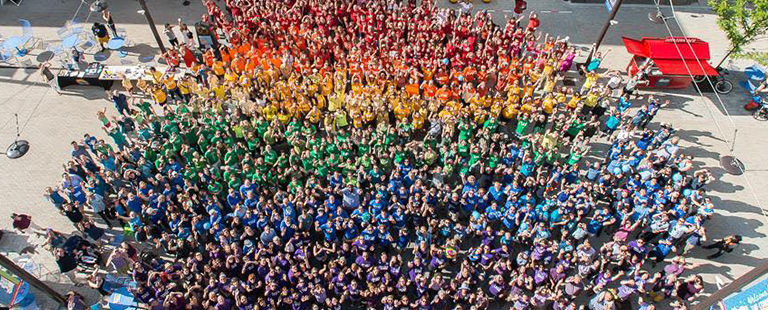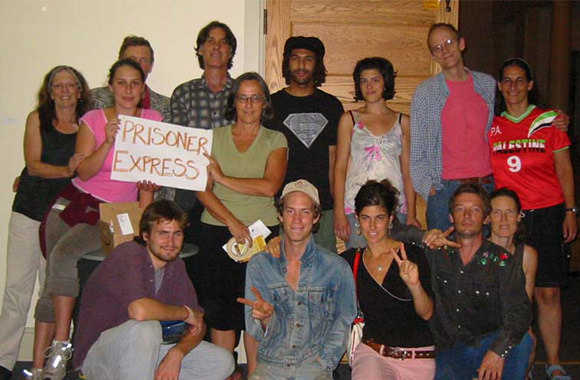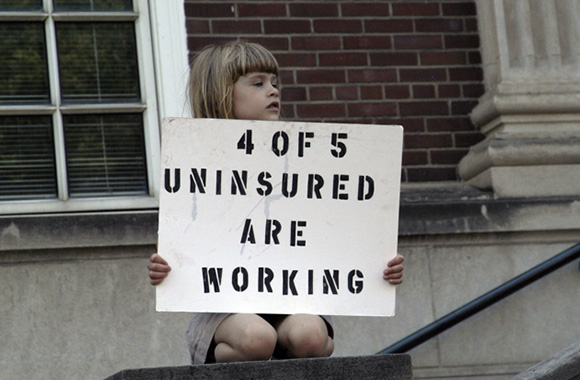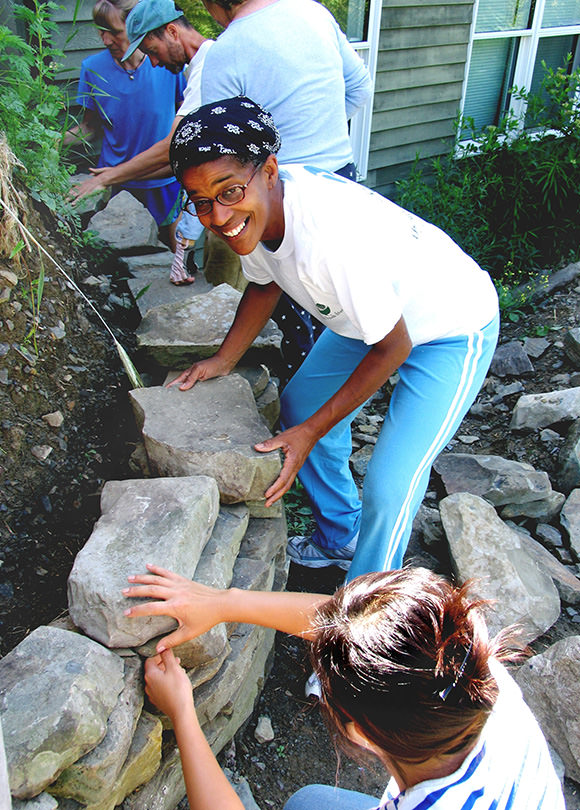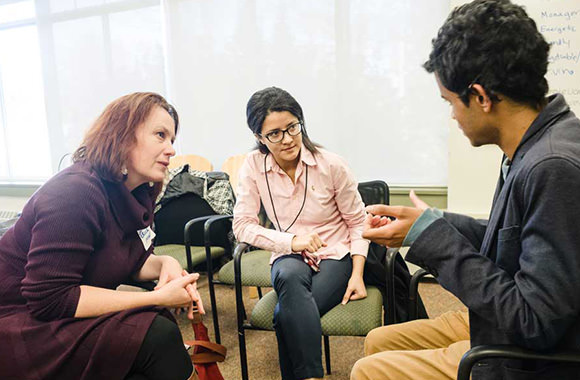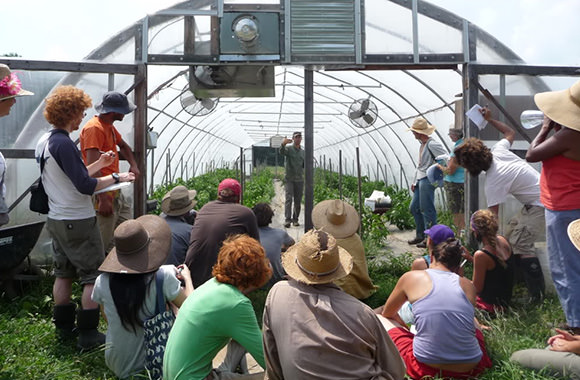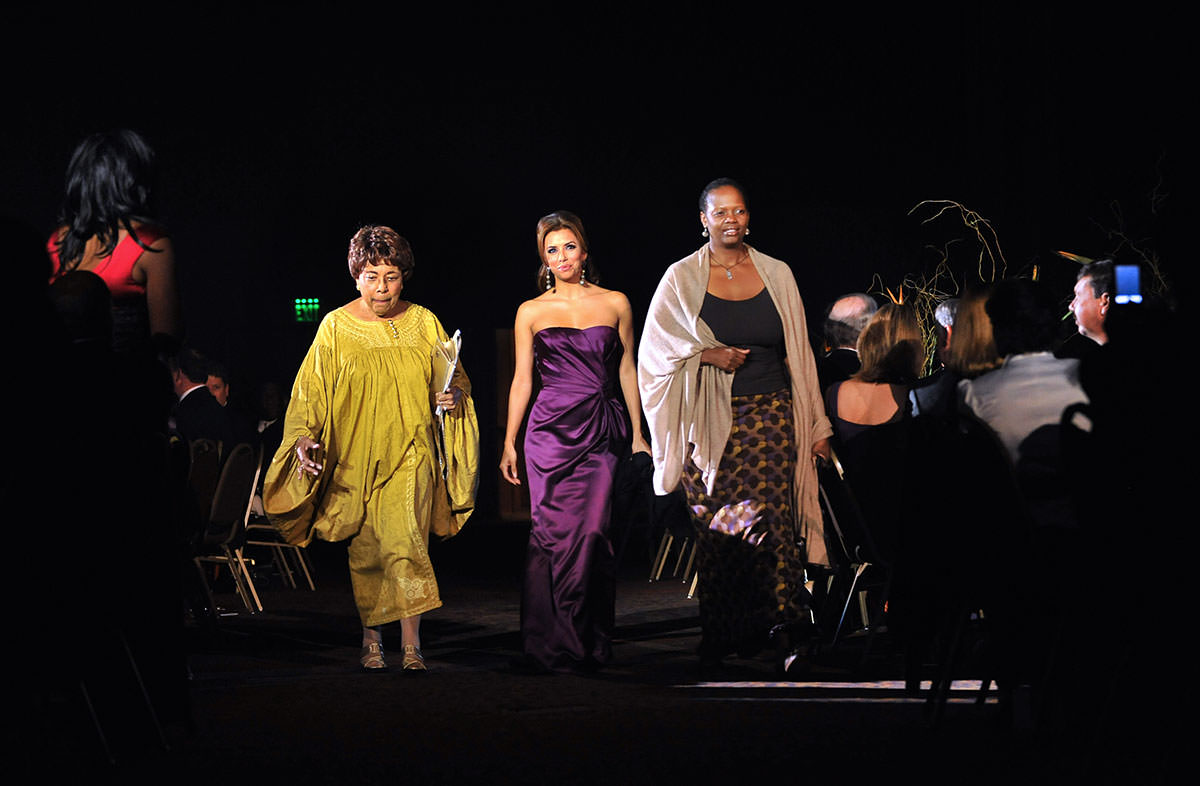Celebrating 50 Years of Social Justice Work and Transformative Action!
The Center for Religion, Ethics and Social Policy (CRESP), renamed the Center for Transformative Action (CTA) in 2009, was born from the turmoil of the late 1960’s at Cornell. At that time, many chaplains within Cornell United Religious Work (CURW) were active in anti-war protests, civil rights actions, and student empowerment projects. In 1971, the Cornell University Board of Trustees decided to house these activities within a newly incorporated, education-based center, one that was affiliated with, but legally separate from, Cornell. Its purpose was to advocate and embody progressive alternatives to the status quo and create programs for the understanding and promotion of transformational social action.
The founders decided against an academic-type think tank model, opting instead for a decentralized structure with a core administrative office that supported diverse social justice projects under one legal entity. As a result, we were practicing fiscal sponsorship long before the field was established. Throughout the 70’s, 80’s, and 90’s, we learned, organically, how best to provide a legal and administrative home for social justice projects that improves efficiency and gives them appropriate independence and decision making authority within our 501(c)3 structure. We ended up with a set of procedures and policies that align with current best practices for fiscal sponsors. But, for us, fiscal sponsorship has never been an end in itself. It is a means to support bold social justice initiatives and effect deep-seated change.
The Center advocates and embodies alternatives in believing, thinking, working, caring and living, that are morally defensible, spiritually viable, and practically feasible. They serve as witness to new hope and possibility.
Back in 1971, ideas and people quickly gravitated to our newly formed center, tackling issues as diverse as migrant farm worker rights, draft counseling, the military crises in Latin America, divestment from apartheid South Africa, sustainable agriculture, environmental justice, and alternative education. Some projects, like the Agricultural Policy Accountability Project had ties to national efforts and spawned research and activism at Cornell. Others, like the Learning Web and the Women’s Opportunity Center became pillars in our local community.
In the 1980s, growing concerns about impending global threats, such as nuclear rearmament and those described in President Carter’s 1980 Global 2000 Report, gave rise to many peace-based programs and projects. Some, like the Global Walk for a Liveable World, focused on international peace, while others, such as the Multicultural Resource Center, the Diet/Weight Liberation Initiative, and the Community Dispute Resolution Center, worked locally to defend human dignity, assert social equity, and foster understanding.


